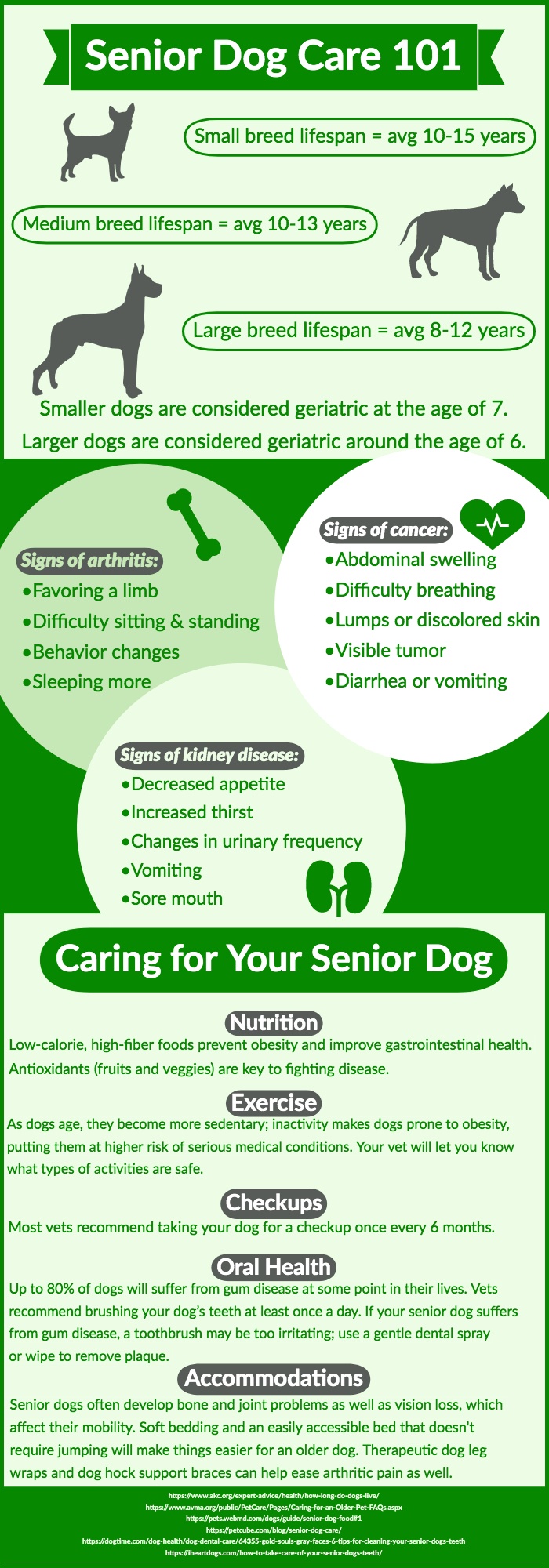Canines in daycare receive great deals of exercise, socialization with other pet dogs and special experiences. This can be particularly helpful for pups and pet dogs with behavioral concerns.
There are a number of lawful factors to consider you need to consider when starting a dog childcare organization. These include the structure of your company and compliance with government policies.
1. Dog Distemper
Canine distemper is spread with direct contact with the bodily liquids and waste of a contaminated pet, yet it can additionally be sent using common water and food bowls or via air-borne beads. This very transmittable illness is most dangerous for puppies, but it can influence pets of any kind of age and is deadly for the majority of if left unattended.
First signs and symptoms of canine distemper usually resemble an acute rhinitis, consisting of dripping eyes and nose with watery or pus-like discharge. As the condition proceeds, a pet will certainly establish high temperature, coughing, minimized hunger, vomiting and diarrhea. The virus can also strike the nerves, causing seizures, shivering and partial or full paralysis.
Trustworthy childcares lower direct exposure to infection by calling for inoculations, regular health examinations and adhere to rigorous health procedures. If your puppy seems overly tired or limping, a day of rest may aid him recoup, yet you must prevent taking him back to day care until these symptoms clear up.
2. Kennel Cough
Kennel coughing, additionally referred to as contagious canine tracheobronchitis or Bordetella, is an extremely contagious viral or bacterial condition that influences the breathing tract. It's typically transferred via the exchange of saliva or air beads that an ill canine exhales. Social pets go to higher risk for infection as a result of their constant communication with one another, such as when they play, share food or water, sniff each other or merely satisfy in a congested environment like a dog park or childcare.
One of the most typical symptom of kennel coughing is a relentless and powerful cough that seems like something stuck in the throat or retching. Often, pet dogs will divulge foamy white phlegm. If left neglected, a dog can create pneumonia and be at serious threat forever.
A reliable daycare center must have strict cleaning and cleanliness protocols, disinfect all playthings, food and water bowls frequently, and be open about their inoculation policies. Maintaining your pet dog up to date on their inoculations, specifically for bordetella and canine flu, will considerably decrease their chances of getting the disease.
3. Parvovirus
Canine parvovirus, or parvo, is a very infectious viral ailment that can be dangerous for young puppies and young person canines with poor body immune systems. It's most typically spread out by direct contact with infected pet dog feces-- which can happen when pet dogs sniff, lick, or preference infected feces-- and indirectly from polluted people, things, or atmospheres (like kennels, brushing spaces and lawns). Young puppies and dogs without full vaccination backgrounds are especially at risk to parvo.
The virus is exceptionally durable, enduring in the atmosphere for up to 9 years, and can easily be transferred in between canines by call with feces or on footwear, clothing, and bed linens contaminated with parvovirus. Otherwise treated promptly with IV fluids, electrolyte equilibrium, vomiting control medicines and antibiotics to avoid secondary microbial infections, a dog will quickly dry out and establish extreme looseness of the bowels, which brings about shock and sepsis. Parvo is hard to cure when a dog has come to be ill, but with proper veterinary treatment, many young boarding dog kennels near me puppies do endure this disease.
4. Pooch Influenza
Dog flu virus is very contagious and spreads with straight contact, sharing food and water bowls, licking or nuzzling various other dogs, with air-borne droplets, and with infected surfaces. Inoculation works in decreasing the danger of infection and outbreaks.
Many influenced dogs establish a light respiratory infection with a cough that lasts 1-3 weeks. They might also have nasal and ocular discharge, sneezing, and sleepiness. Some of the most significant cases lead to pneumonia and a high fever.
If your pet exhibits any one of these signs and symptoms, do not bring them back to daycare up until they are healthy and balanced. If your dog is showing indications of severe fatigue or limping, speak to your veterinarian right away and make certain they get on good health supplements to help develop their resistance. A veterinarian will assess your pet dog for signs and symptoms of the flu by taking a sample from the nose or throat, and blood examinations can be done to validate.
